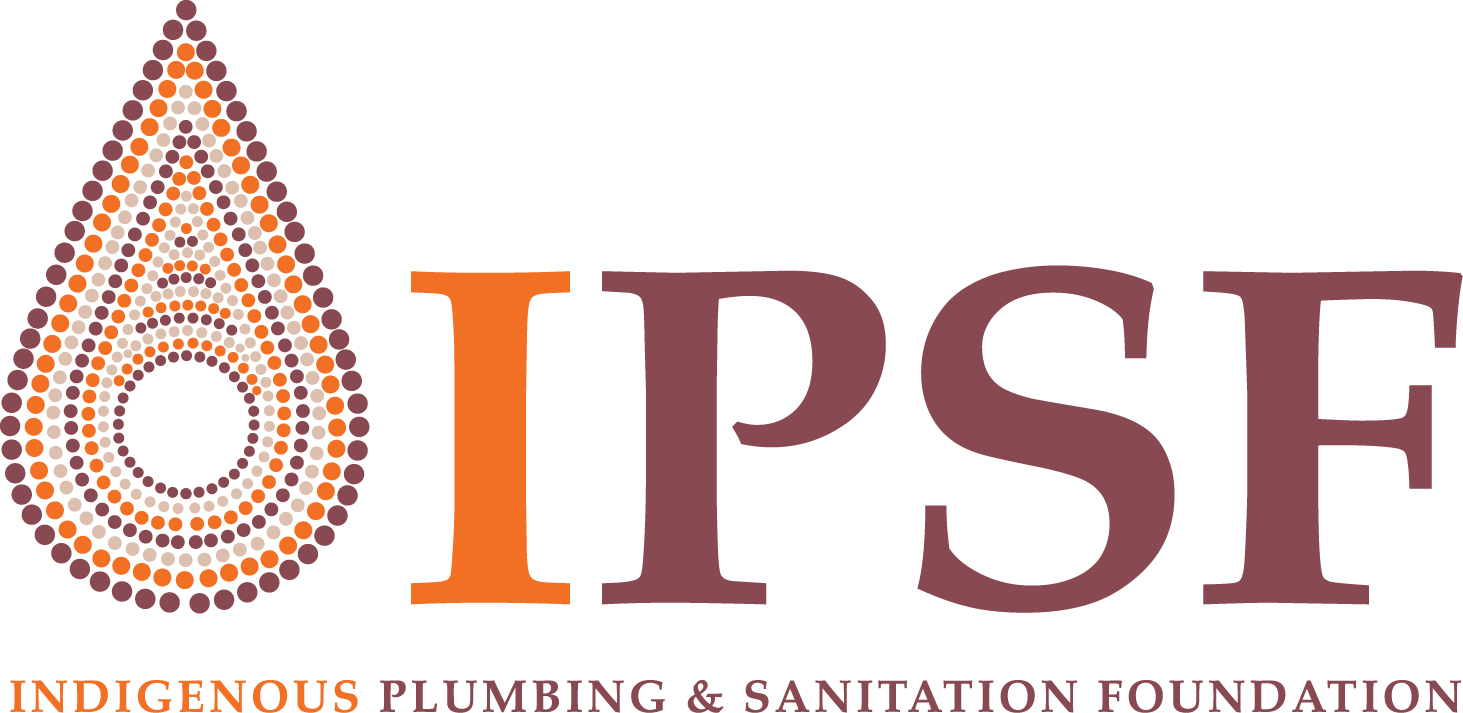Our History
The Indigenous Plumbing and Sanitation Foundation (IPSF) has been established to provide relief from poverty, sickness, suffering and misfortune, for Aboriginal and Torres Strait Islanders in Indigenous communities who are living with dangerously poor sanitation, putting them at risk of disease and sickness.
The primary objective of the Foundation is to raise funds from industry and government to provide direct relief to Indigenous communities.
About Us
If we judge a society by how it treats its most vulnerable, then Australia’s report card is well below average. Poverty in Australia is as harsh as it is in developing countries, and it’s Aboriginal and Torres Strait Islander people, over half a million Australians, who are among the most disadvantaged.
Statistics show that the Aboriginal population living in remote rural areas, experience significantly higher rates of chronic diseases such as cardiovascular disease and diabetes; foetal alcohol spectrum disorders; incarceration; substance abuse; and suicide. Therefore, the median Aboriginal male in the region dies up to 30 years earlier than his non-Aboriginal counterpart.
While Aboriginal wellbeing has improved over the last decade, the disadvantage experienced by many Aboriginal families in the region remains unacceptable. With 55% of the Aboriginal population in the region aged under 25 years, it is critical that more effective action is taken now to improve Aboriginal wellbeing.
This is particularly evident in remote communities where people are disadvantaged by their distance from health care, education, and employment opportunities.
The health of Aboriginal and Torres Strait Islander people in Australia is a major concern, with life expectancies more than ten years below those of non-Indigenous Australians.
This is largely due to the fact that Aboriginal and Torres Strait Islander people are proportionately over-represented in rural and remote Australia compared to non-Indigenous Australians. The health of Indigenous Australians declines as their remoteness increases.

